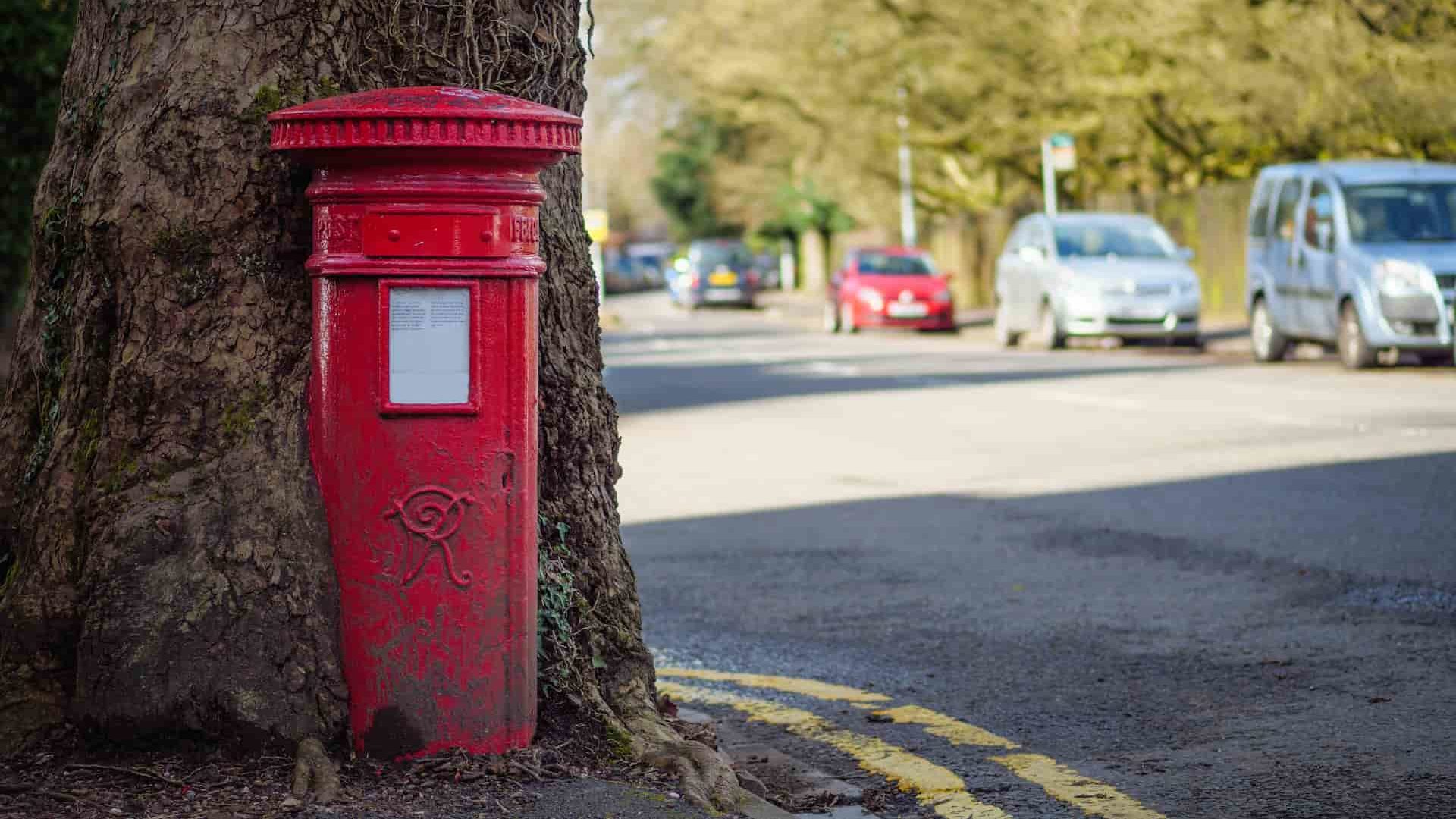While postal questionnaires may seem like a rather outdated method of data collection compared to online surveys, research suggests response rates are very similar between the two. However, the question remains: are postal questionnaires worth the time and financial investment, and how should they be used?
Postal questionnaires do still have several advantages to this day. In circumstances in which you already send postal communications to the population you wish to survey, you can include the questionnaire within your usual communications, making it highly cost-effective. Postal questionnaires are less intrusive than some other methods and, as such, can provide a better environment to discuss sensitive issues.
Generally, postal questionnaires allow for a large sample size as well as the targeting of a specific locality, and are inclusive as they do not require internet access. They help to prevent interviewer bias or other external influence on participants' responses as they provide an opportunity for the survey to be completed confidentially and in private, and they can also allow participants a long time to respond, meaning they may be able to garner responses from participants with limited free time.

While postal questionnaires have the potential to access a large sample, this unfortunately means having very little to no control over who completes the survey and no ways to guarantee a random sample, as respondents are always self-selecting. On top of this, there can be no measures in place with postal questionnaires to prevent participants from lying.
Postal questionnaires can obtain relatively low response rates, and as a result need to be fairly short and concise in order to encourage responses, which can present difficulties when attempting to collect information on complex issues. They are also expensive when performed outside of existing postal communication due to the need for mass printing and posting.
Even though postal questionnaires provide the benefit of allowing participants time to respond, the time frame required by postal surveys can be problematic when you take into consideration the researcher's data entry time upon receiving the responses, a factor that does not affect online surveys due to the potential to have responses automatically entered into a database.
The most obvious alternative to postal questionnaires would most likely be online surveys. The format of an online questionnaire is very similar to one sent by post, if not identical, with the only blatant difference being the distribution method.
Online surveys can be sent through various channels, such as email, a dedicated website, or as a pop-up on a pre-existing website. This can add some pressure, however, as poorly chosen distribution channels can lead to bias and low response rates, among other issues. Participants also have less patience for online surveys, and are more likely to give up on longer surveys than with other methods. Online questionnaires can also be problematic in excluding those who do not have easy access to Internet connection or an appropriate device on which to take the questionnaire.
A more direct, yet less obvious, alternative to postal surveys would be door-to-door or street surveys. They allow for targeting a certain locality, similarly to postal surveys, can be conducted quickly, and are less costly than the administration and postage costs of postal surveys.
Alternatively, you could conduct interviews or focus groups in place of postal surveys; these can prove to be considerably more expensive and resource-intensive, however, as you usually need to pay out for a venue, interviewers, and greater incentives. They also limit the types of people who can take part, as participants would need to be able to travel to the venue and to take considerable time out of their day. Interviews also always run the risk of being affected by interviewer bias, meaning participants may be reluctant to express strong or negative views in front of the researcher or the other members of the focus group.

It probably won't come as much of a surprise that we recommend utilising mixed methodology rather than a single survey method. Using mixed methodology can reduce costs, as it usually involves implementing low cost methods for the bulk of the research, and only using high cost methods for those who do not respond initially. Mixed methodology can also lead to quicker responses; for example, data can be gathered more quickly by targeting non-respondents to an online survey with phone calls.
It can also prevent issues in obtaining responses; by allowing access to a larger portion of the population, mixed methodology can ensure the sample contacted is more representative of the population. It can also improve response rates, as everyone will have preferences for how they would like to be surveyed, and mixed methodology gives them the opportunity to choose.
Fortunately, the Internet has drastically improved our ability to conduct mixed mode research - not only because we can conduct surveys online, but because we can now utilise online databases to manage responses, allowing online responses to be stored and synchronised with responses to telephone or postal surveys. The remaining challenge, then, is determining which methods would be best combined for your research aims.
If you are unsure of which research methods to utilise in your mixed methodology, and are looking for expert guidance, give us a call at 01206 625222 or email [email protected].

Jess Crago
Research Executive
Jess has a Masters degree in Cybercrime Investigation, and a Bachelors in Sociology and Criminology. She loved the research and statistics aspects of her degrees and now enjoys experiencing the practical applications of research, alongside writing content and experimenting with new software. Her favourite part of research is finding meaningful answers hidden within data.
More About JessWhat Our Clients Say

Case Studies
See how our insight makes a measurable difference.
Our latest Blog Posts
From research tips to industry updates.






